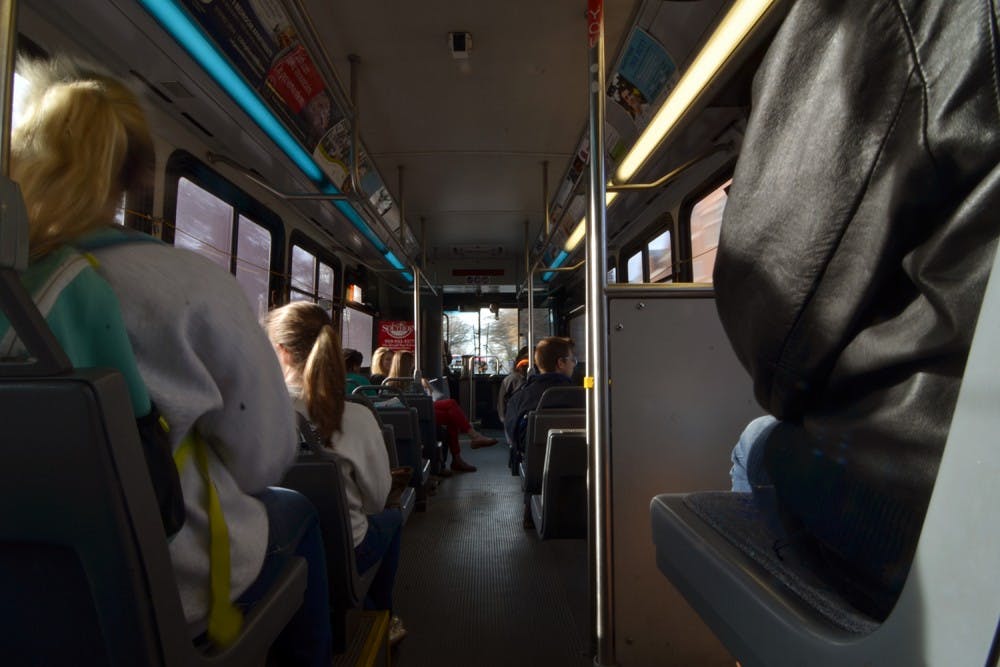Of the 99 buses in Chapel Hill Transit, 43 of them are older than 12 years, the age at which they are eligible to be replaced, transit director Brian Litchfield said.
These older buses can be expensive, not only because of the cost to replace one, but also because of the cost to preserve them.
“We look at it from a cost per mile basis, and we know that once a bus gets more than 12 years of age, it’s usually much more expensive to maintain than a bus that’s under 12 years of age,” Litchfield said.
In the past, the town has relied on federal and state funding to help with the purchase of new buses, according to a memorandum sent by Town Manager Roger Stancil and Business Management Director Ken Pennoyer.
“Usually the Federal Transit Administration helps to cover up to 80 percent of the cost of a bus, which is significant considering that a bus can go anywhere from $450,000 to just under $600,000,” Litchfield said.
Despite the fact that Stancil and Pennoyer expect the amount of federal funds to increase from last year, they are still concerned that federal funding is at a historically low rate.
“It was much easier in the past to replace buses with federal funds than what it is today,” Litchfield said.
The Chapel Hill Town Council has already started working to supplement the expected lack of federal funds. In their most recent budget, the council set aside $400,000 for Chapel Hill Transit to begin financing new buses.




